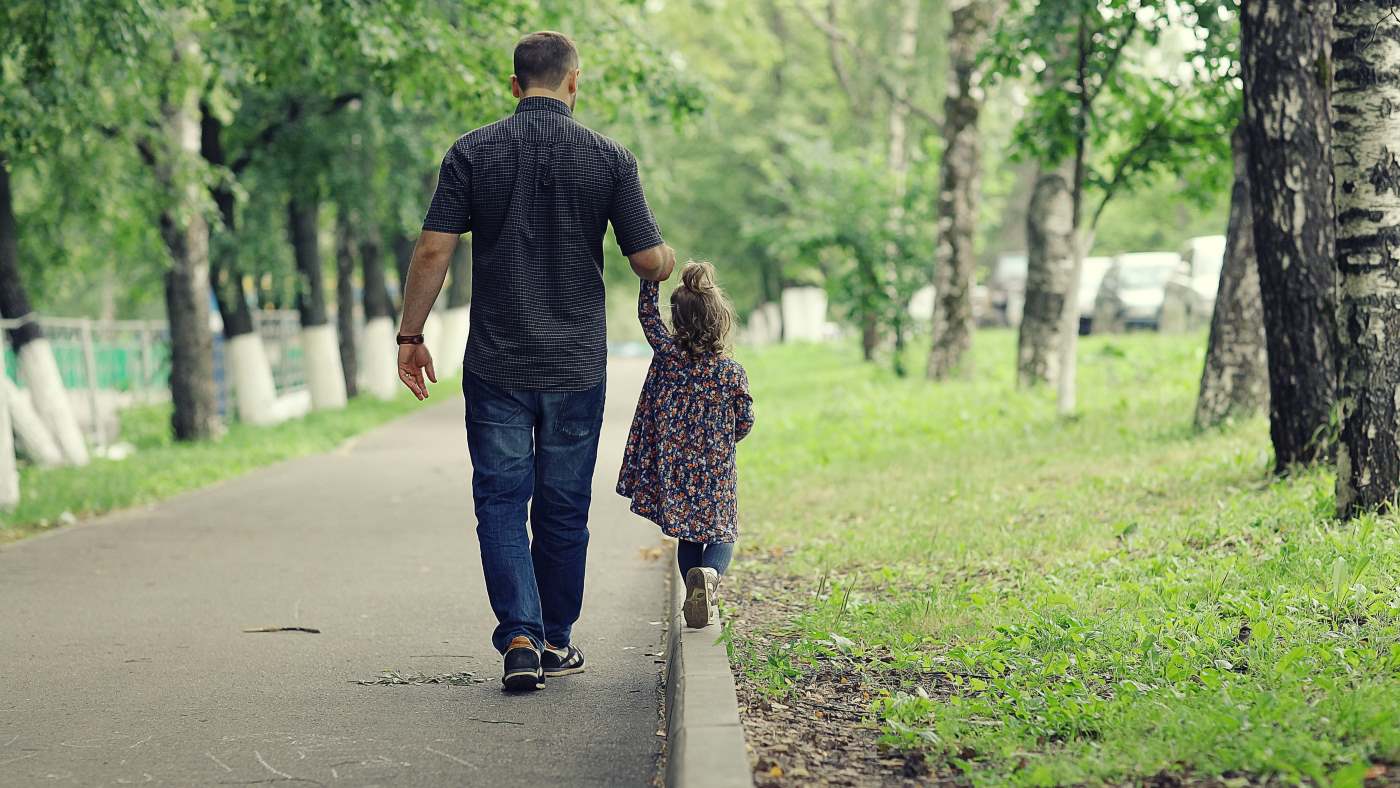Could slowing down be the best way to support your toddler’s development?

Do you ever feel the pressure to make sure your toddler is learning quickly, or that you need to be getting them ready for the next room at nursery, starting preschool or maybe even school? It can be hard to resist the feeling that you need to find ways to get your toddler to develop more quickly. Is sooner always better or could slowing down be the best for your toddler (and for you)?
Professor of Early Childhood Education, Alison Clark is known by many early years professionals for her work on listening to children – finding ways to get children’s views and understand their experiences from their perspectives.
Recently, she led a project funded by the Froebel Trust looking at ‘Slow knowledge and the unhurried child.’[1] While the project looked at children’s experiences in nurseries and other childcare and education settings, the findings are helpful for thinking about life at home too.
What do we mean by slowing down?
In some ways, slow learning might be easier at home than it is in a nursery or childcare setting, because the underpinning idea is thinking about each individual child’s interests and skills – and no one knows your toddler better than you.
At home, this might be rather than filling a free day with lots of plans, remembering that all the routines of your day are valuable for your toddler.
By not rushing through each activity, you give them time to explore and deepen their knowledge, and it’s likely to feel much calmer for you too!
Perhaps you think about just having one thing you must do today rather than a day full of entertainment – giving lots of time to that one thing will allow your toddler to really think about that.
Slowing down might be giving yourself time to watch your toddler play, and see what they are interested in – rather than feeling you need to start with an idea of what will happen next.
The idea of slowing down is that this gives children time to be independent and to learn at their own pace[2] – as we know, this varies for each child and at different times.
What does this mean for you and your toddler?
Using the app will help with this; when you look at the activities, you’ll see a mixture of ideas you can use during everyday routines, and ideas for play for when you have more time. You will see just how much your toddler learns from daily life and chats that maybe aren’t what you expected learning together to look like!
When you master skills on the app you’ll see new activities but will also know that your toddler is making progress all the time – which will give you the confidence to slow down.
Enjoy chatting and playing with your toddler, don’t feel the pressure to plan every moment of their day – or to turn your home into a nursery setting.
“The more slowly trees grow at first, the sounder they are at the core,
and I think the same is true of human beings”
– Henry David Thoreau
And don’t forget: when you start to feel the pressure or comparison you can visit our Facebook community and talk to other parents (and our experts) to get some reassurance.
References:
[1] Researchgate (undated). Alison Clark. https://www.researchgate.net/profile/Alison-Clark-9
[2] Alison Clark (2021). A half day webinar which reconsiders the relationship with time in early childhood education. Available at: https://www.froebel.org.uk/training/films/the-urgency-of-slow